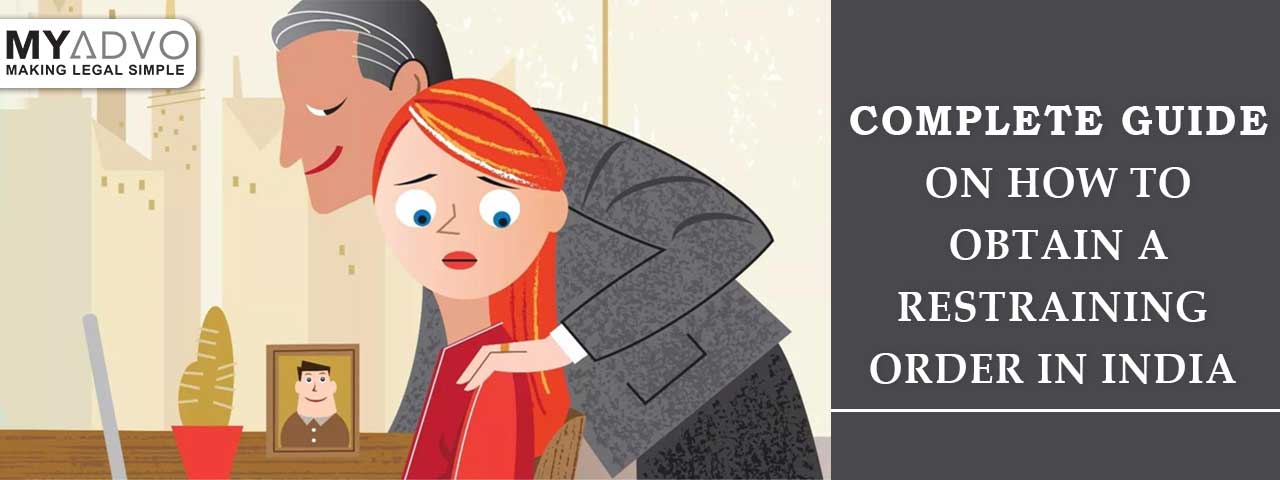The concept of restraining order is still underdeveloped and unclear under the Indian law and pertaining to this unclarity, the majority of people are unaware of the appropriate procedure of how to obtain a restraining order. Here’s our complete guide to the concept of restraining order in India and how to get a restraining order in India.
What is a restraining order?
A restraining order is an order granted by a court to protect a person from some danger or apprehension of danger from someone. It is granted to prohibit a person from contacting or harassing a person or violating any other rights. It is issued by a court form of a civil order that restrains a person from doing something either permanently or for a temporary period of time.
How is a restraining order issued in India?
In India, a restraining order is issued in form of an injunction, which is a judicial remedy that mandates a person to do or refrain from doing something. Section 94, 95 and Order 39 of the Code of Civil Procedure, 1908 lay down the procedure of granting the injunction, along with Section 36- 42 of the Specific Relief Act, 1963.
There is two types of injunctions enforceable in India viz. temporary and perpetual injunction, which can be preventive, restrictive, prohibitive and mandatory in nature:
- Temporary Injunction: A temporary injunction is issued by the court for a limited time, or till the final order of the court. It is passed any time during a case before the court announces its final decision when immediate relief is required for the victim.
- Perpetual Injunction: A perpetual injunction is permanent injunction in India issued by the court to restrain a person permanently. When a perpetual injunction is passed, a person is prohibited from doing certain acts indefinitely. It is passed through a final decree of the court.
To get injunction order in India an application has to be filed through a civil lawyer before the appropriate court or tribunal where your case is being heard. Specific Relief Act Section 38(3) lays down the situations in which a perpetual injunction can be granted by the court:
- To prevent the breach of an obligation existing in the person’s favour who seeks such injunction.
- When any an obligation arises from a contract.
- When the person against whom the injunction is sought invades or threatens to invade the right to enjoyment of property when the person is trustee of person seeking injunction, where there is no standard to ascertain actual damage caused or likely to be caused by the invasion, where invasion is such that monetary compensation will be inadequate, or where injunction is necessary to prevent multiple judicial proceedings.
However, there are some circumstances given under Section 41 of the Specific Relief Act, in which a perpetual injunction cannot be granted.
In India, a restraining order or permanent injunction are generally obtained in cases of domestic violence or divorce. It is advised to consult a lawyer for obtaining a restraining order against a spouse or in-laws to secure protection against any manipulation or exploitation.
MyAdvo acts as Client's legal concierge providing technology solutions for Lawyer Discovery, Price Discovery and Case updates. With the use of technological solutions, we match the client’s requirements with the lawyer based on expertise, location etc. Our dedicated team of 60+ in Delhi, Mumbai and Bangalore strive to do everything to help the client in taking the better-informed decision by understanding his legal situation and requirement.. Further, for any query regarding the operational or financial debtor you can consult the lawyer online.

